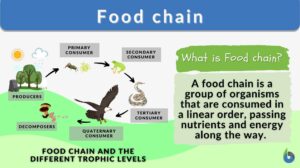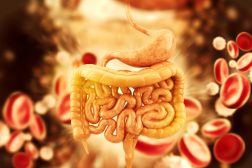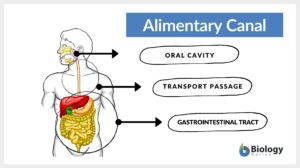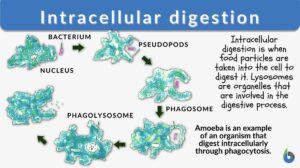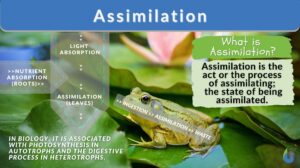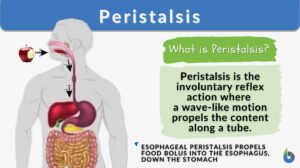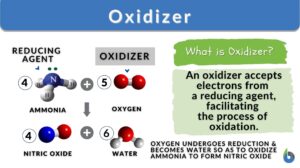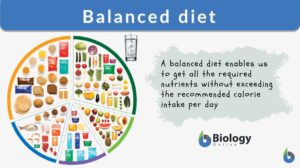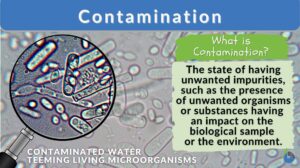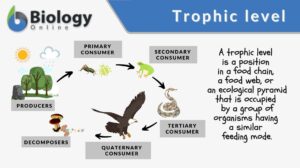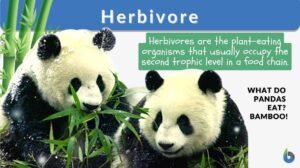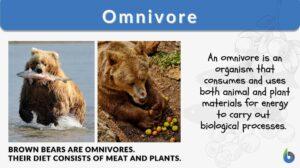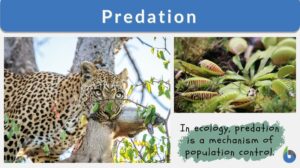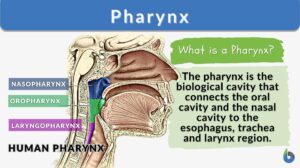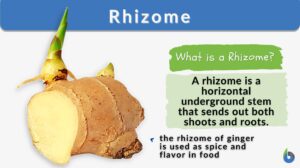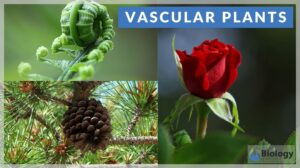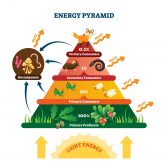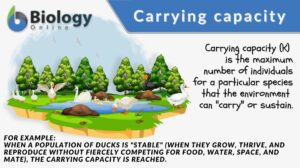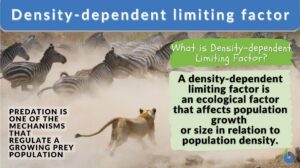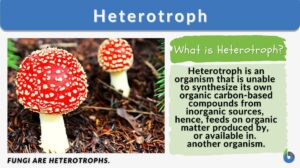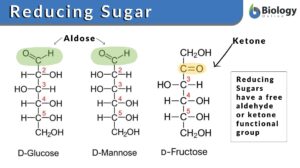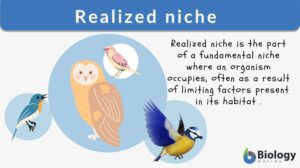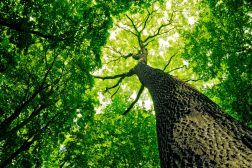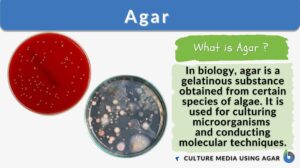Search Results for: food
Food chain
Everything is a cycle in life. The way organisms consume their food also follows a cycle. This is usually described as the... Read More
Human Biology – Food and Digestion
Food is what is required by humans to grow and survive, and provide a 'fuel' for the energy needed in our biological... Read More
Alimentary canal
Definition of Alimentary canal What is the alimentary canal? The alimentary canal is a muscular hollow continuous tubular... Read More
Digestion and Absorption of Food
The gastrointestinal (GI) system includes the gastrointestinal tract (mouth, pharynx, esophagus, stomach, small intestine,... Read More
Intracellular digestion
Intracellular Digestion Definition What is intracellular digestion? ‘Intra’ means "inside" and ‘cellular’ pertains... Read More
Assimilation
Assimilation Definition What is assimilation? Assimilation in biology is defined as the process in which living organisms... Read More
Peristalsis
What is Peristalsis? Peristalsis is the series of involuntary, wave-like muscle movements in the cylindrical, hollow tube... Read More
Balanced diet
What is a balanced diet? What is the definition of a balanced diet? A nutritionally balanced diet fulfills all nutritional... Read More
Contamination
Contamination Definition Contamination, sometimes interchanged with pollution, is the existence of live things or... Read More
Biotic factor
Biotic Factor Definition A biotic factor is the living component in an ecosystem. The term "biotic" means "of or related... Read More
Trophic level
In ecology, a trophic level pertains to a position in a food chain or ecological pyramid occupied by a group of organisms... Read More
Decomposer
Decomposer Definition The organisms that carry out the process of decay or breakdown of the dead organism are known as... Read More
Vascular plants
Definition of Vascular plants The term 'vascular' is derived from the Latin word vāsculum, vās, meaning "a container and... Read More
Freshwater Community Energy Relationships – Producers & Consumers
The previous tutorial on producers and consumers noted the reliance that organisms have on one another to obtain energy to... Read More
Carrying capacity
Carrying Capacity Definition What is carrying capacity? In biology and environmental science, the carrying capacity of a... Read More
Density dependent limiting factor
What Is A Density-Dependent Limiting Factor? Density-dependent limiting factors are limiting factors, which, depending on... Read More
Heterotroph
Heterotroph Definition What is a heterotroph? Does a heterotroph make its own food? In biology and ecology, a heterotroph... Read More
Parasitism
Organisms depend on different sources of food to survive. Larger organisms like plants make their own food (autotrophs) and... Read More
Reducing sugar
Reducing Sugar Definition What is reducing sugar? The type of sugar that acts as the reducing agent and can effectively... Read More
Realized niche
What is a niche? A niche can be defined as the means by which a species or an individual interacts with its environment. In... Read More
Digestive Enzymes
Have you ever thought about what happens to the food after you have taken it into your mouth? How those big steak pieces... Read More
Primary consumer
Definition noun, plural: primary consumers Any organism that consumes or feeds on autotrophs Supplement A food chain is... Read More
